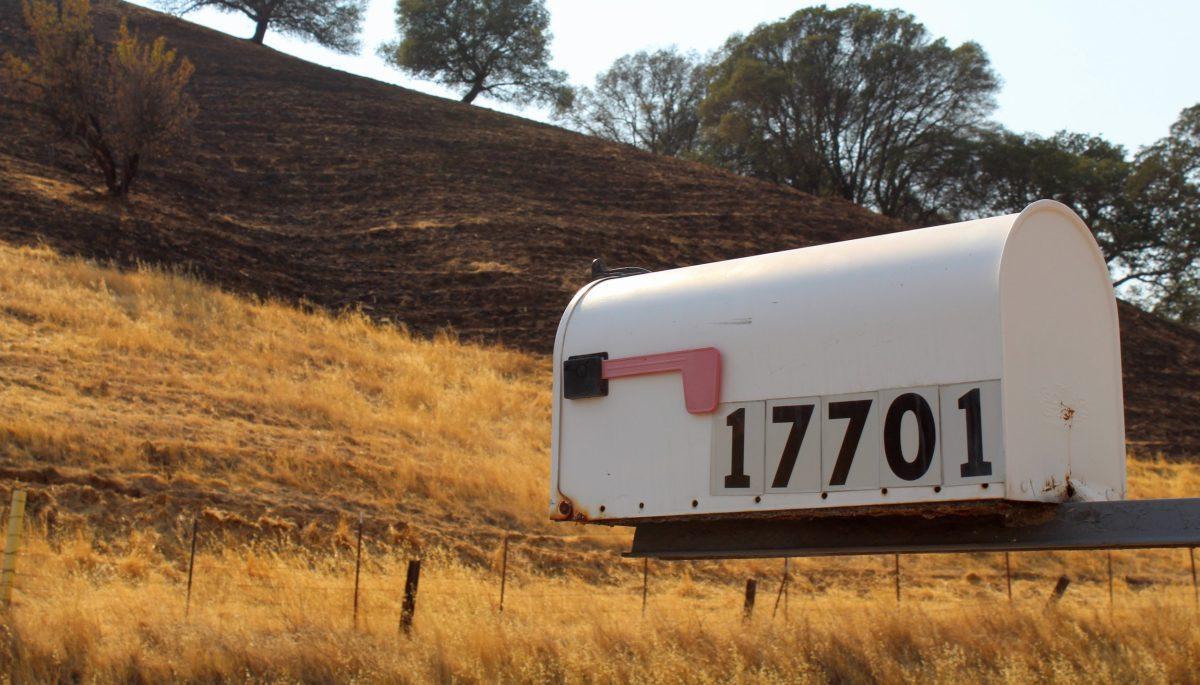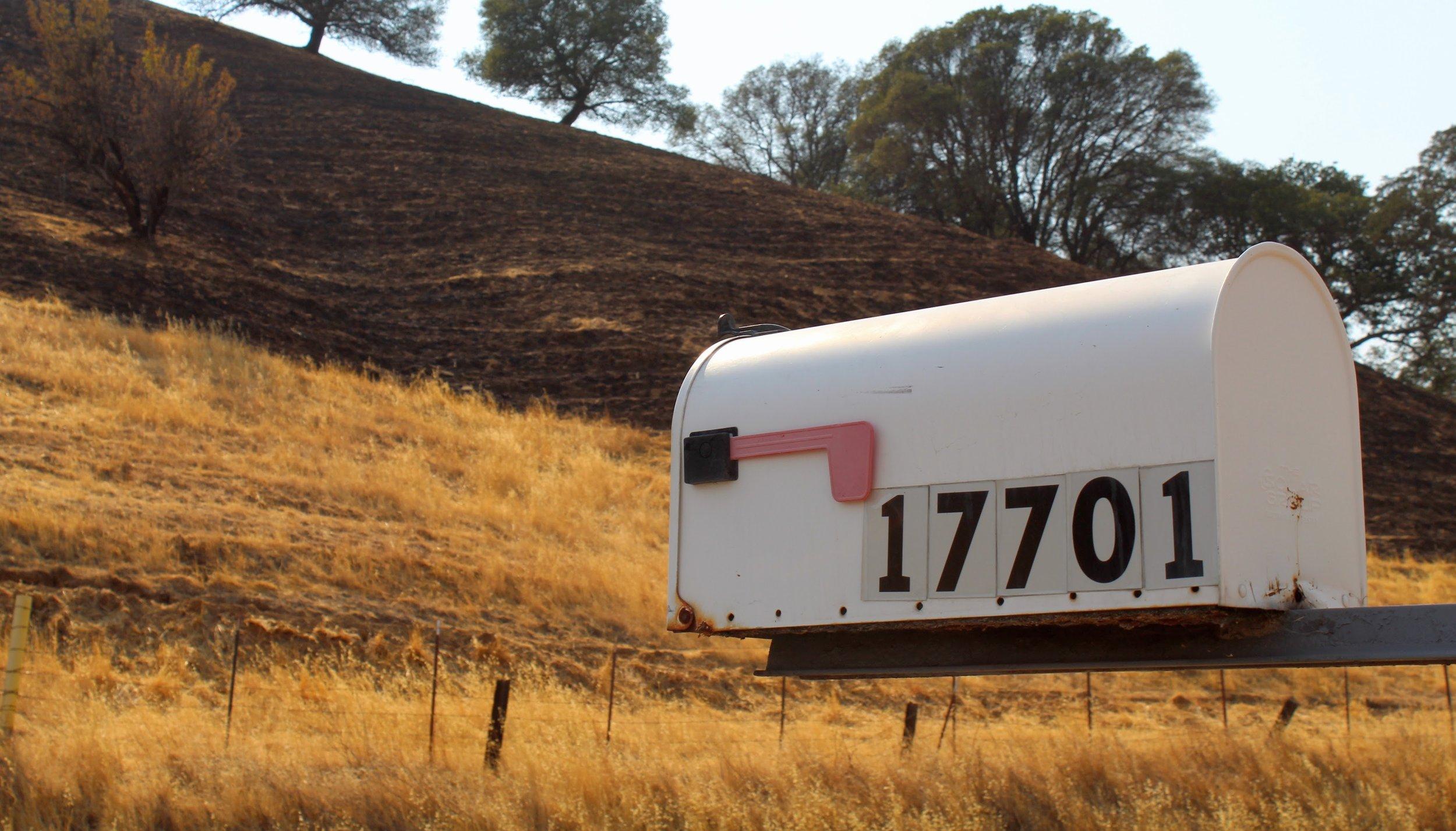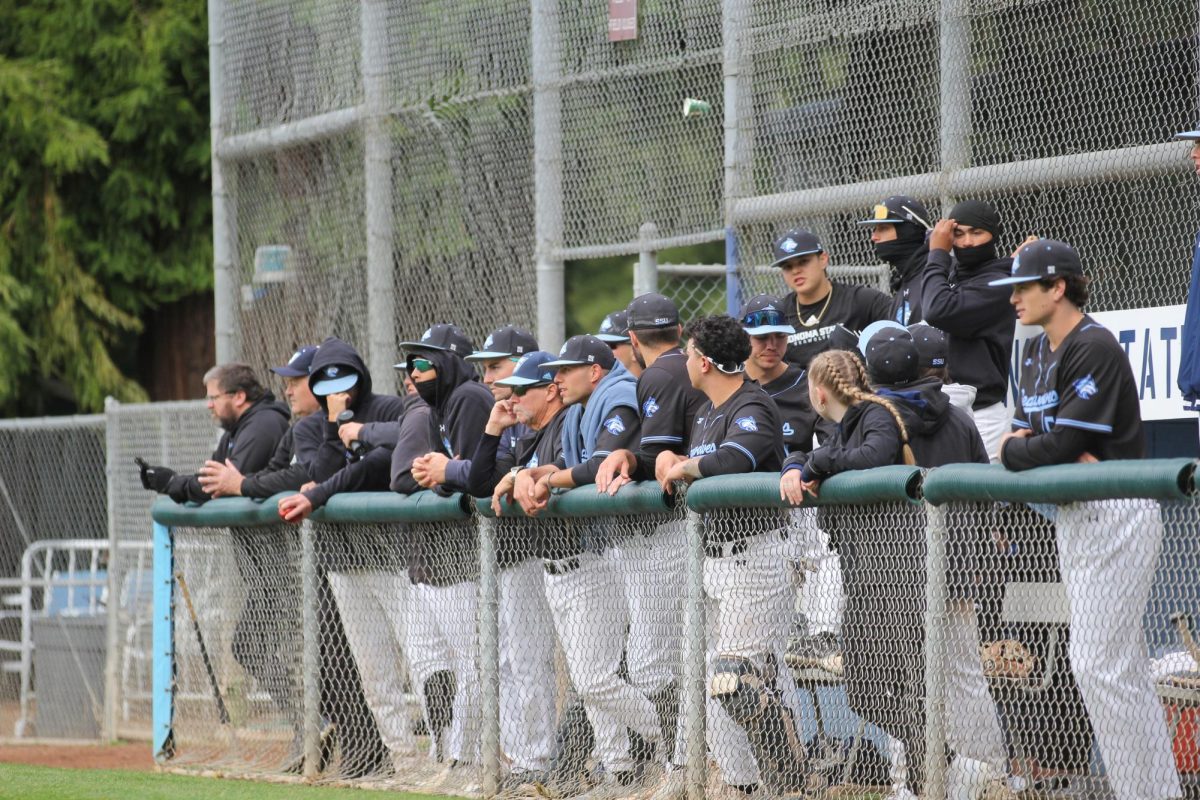California’s infamous fire season has arrived, tearing through the state’s farmland and bringing a slough of health concerns along with it. These health concerns among residents, especially those in Sonoma County, revolve around physical risks due to air quality and mental trauma from past fire seasons.
According to the National Interagency Fire Center, there are 10 active wildfires in California, the largest being the Dixie wildfire that is now 94 percent contained. Plagued by fires year after year, residents continue to struggle with the physical and mental toll these constant disasters dish out.
Fourth year student Tegan Dalle Nogare said, “Fire season has been a very stressful experience for me every year that I’ve been at Sonoma State, honestly. The moving back and forth, the fear. Recently, I had to host my family when they were impacted by the Caldor Fire and had to evacuate South Lake Tahoe.”
It is a well known fact that wildfires leave physical burn scars along the paths they scorch, but what people tend to forget is that wildfires leave scars on the hearts and minds of survivors that cut just as deep. Having to pack a go-bag, create an escape route, and account for everyone in a given household comes all too easily to past victims of wildfire disasters, and having to sit and wait for an evacuation order every October can weigh heavy on the mind.
A University of California, Los Angeles report found that, “After a wildfire, residents who return home to a devastated landscape, in addition to the financial, health and social stresses of rebuilding homes and communities, face an ever-present reminder through sight of their trauma.”
However, the impact wildfires have on mental health still hasn’t been studied at large until recently. It seems like fire season will be an annual occurrence for good, and it is yet to be seen how this will affect people’s health long term.
In an article for The Atlantic, Jessica Lytle said, “When a whole neighborhood or town feels these effects at the same time, the result is what one psychologist and fire survivor calls ‘community-wide trauma.’”
Similarly, the physical effects of fire season are running rampant amongst survivors, and many are concerned about the long term consequences could be if they were to stay in areas where fires are a frequent occurrence.
One of the most common physical concerns that come with fire season is smoke inhalation. With fires sometimes completely surrounding towns, residents have to go about their days while breathing in all sorts of harmful particles and toxins from the smoke. Smoke inhalation can cause a whole slough of ailments, the most common being lung irritation, chest pains and asthma attacks. It can also worsen existing medical conditions such as heart problems and lung disease, according to the California Air Resource Board.
Residents can protect themselves from smoke inhalation by staying inside with all the doors and windows sealed shut as long as they possibly can. If going outside in unsafe air quality conditions cannot be avoided, wearing an N95 face mask is recommended to help filter particles out of the air.
One other health concern that rarely makes the news is that of reservoir contamination via toxic chemicals in the smoke from these wildfires. After the Camp Fire in 2019, the Paradise Irrigation District found that their drinking water was contaminated with benzene, which could cause anemia, immune system issues, and leukemia.
Overall, fire season is no joke in California, and it’s important to recognize that peoples’ mental and physical health can suffer immensely over time. If you or someone you know is experiencing health concerns as fire season rages on, the Student Health Center and Counseling and Psychological Services are always available to students both in person and online.





![[Both photos courtesy of sonoma.edu]
Ming-Ting Mike Lee stepped in as the new SSU president following Sakakis resignation in July 2022](https://sonomastatestar.com/wp-content/uploads/2024/04/CC4520AB-22A7-41B2-9F6F-2A2D5F76A28C-1200x1200.jpeg)



























